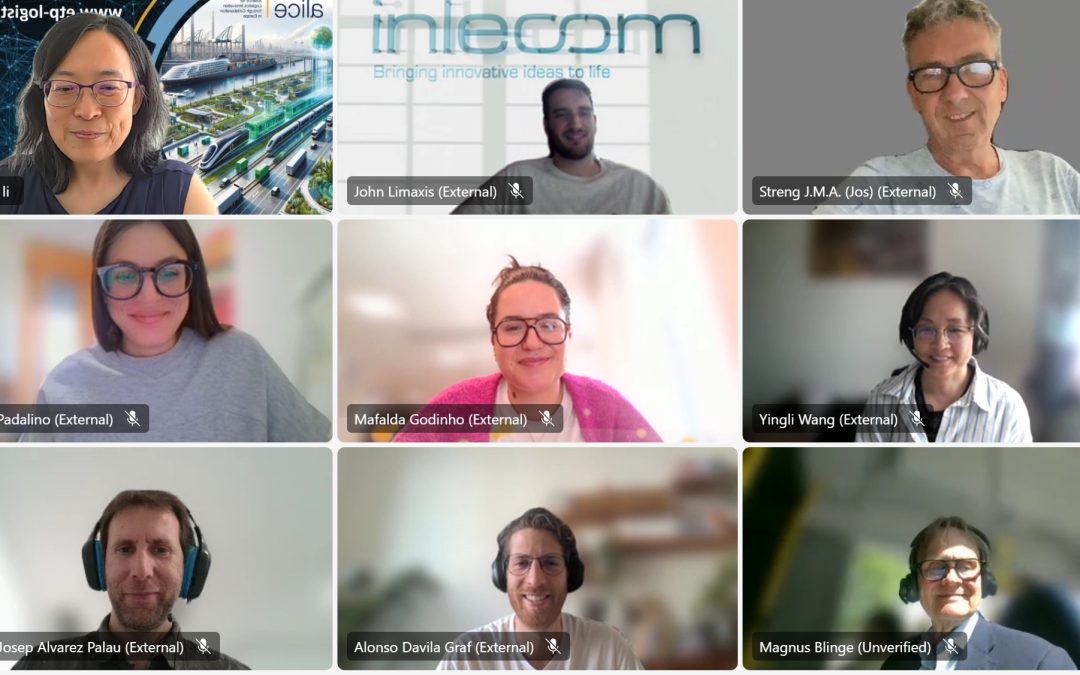The fifth meeting of the URBANE Project Advisory Board took place on 18 June. The focus? To discuss progress, challenges, and strategic directions for the project!
The session featured several presentations from consortium partners. John Limaxis provided an overview of the project’s progress to date, while Alessia Padalino outlined plans for market uptake, commercialisation and long-term growth. Eduard J. Alvarez Palau shared insights from the Barcelona Living Lab, and Yanying Li and Alonso Davila Graf presented initial policy recommendations to support the wider adoption of digital solutions in urban logistics.
Discussions among board members focused on three key themes: governance, urban space management, and inclusive policy design. In terms of governance, the board stressed the need for stakeholder mapping that takes into account not only those who stand to benefit from digital platforms, but also those who might be adversely affected. These “losers” should not be overlooked, and their needs must be considered in platform design and operation. The Rotterdam example of commercial waste collection was highlighted as a useful case study, where smaller players had to unite in order to remain competitive against larger actors.
The Barcelona Living Lab raised new questions about the impact of cargo bikes on urban space. While their growing use is welcome, it may also reduce pedestrian access or overburden public areas. Board members recommended exploring partnerships with cargo bike manufacturers to support digital integration and better design. Cost was identified as a key factor—affordability will be crucial to ensure adoption, particularly among small and medium-sized businesses.
On the policy front, there was strong support for addressing the imbalance in how new technologies are developed and adopted. Too often, solutions are piloted by larger organisations with greater resources, leaving smaller businesses at risk of falling behind. The concept of a “just transition” to zero-emission logistics was proposed as an essential framework for future policymaking—one that ensures fairness and inclusivity as cities modernise their delivery systems.
As a follow-up to the meeting, several actions were agreed. Yingli Wang will share additional resources on governance models, while Jos Streng and Yanying Li will begin planning a webinar on the just transition topic, with Mafalda Godinho invited to speak. Yanying Li will also lead on developing a concept note. Meanwhile, the consortium will gather inputs to contribute to the upcoming POLIS Conference in Utrecht later this year.
